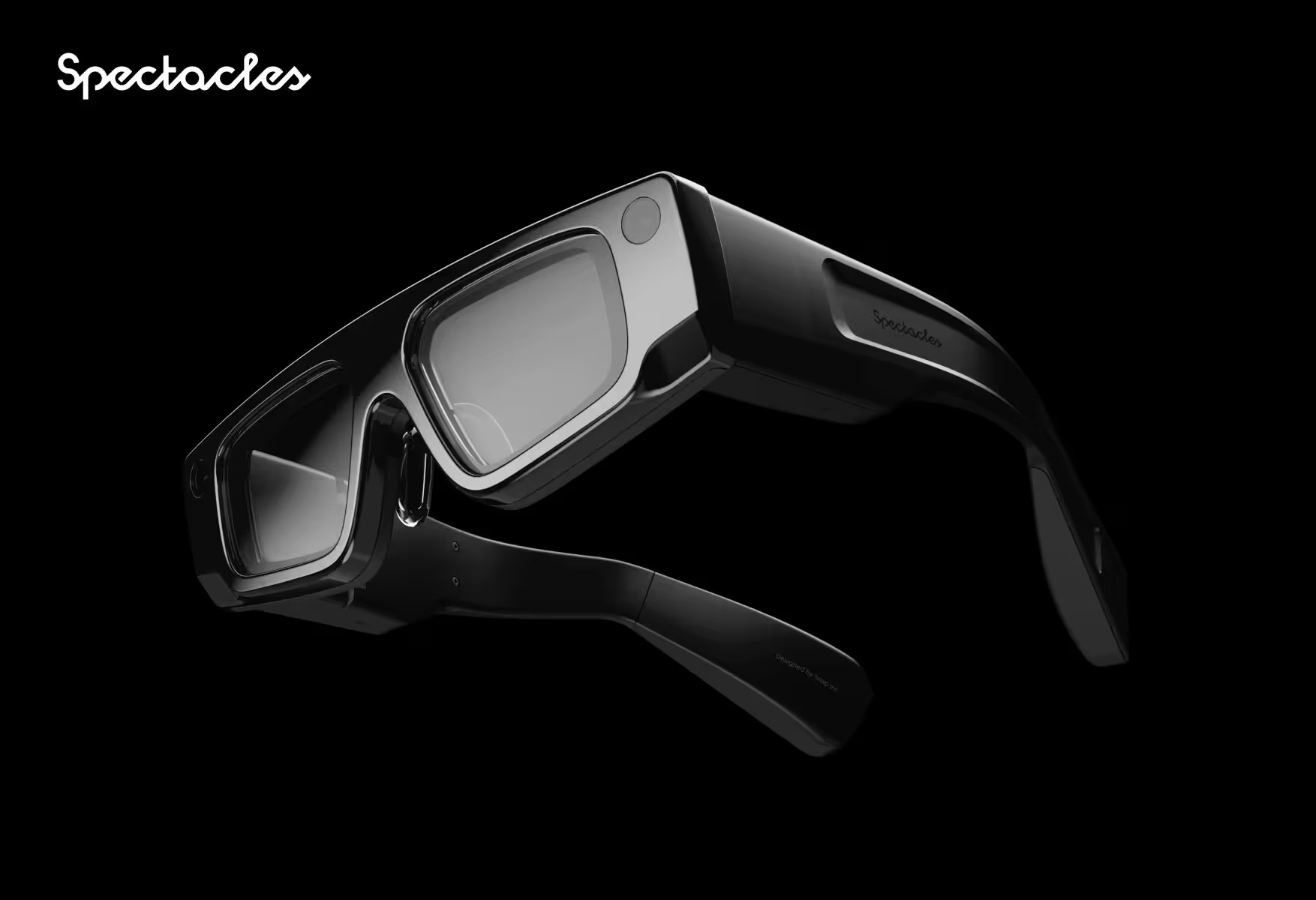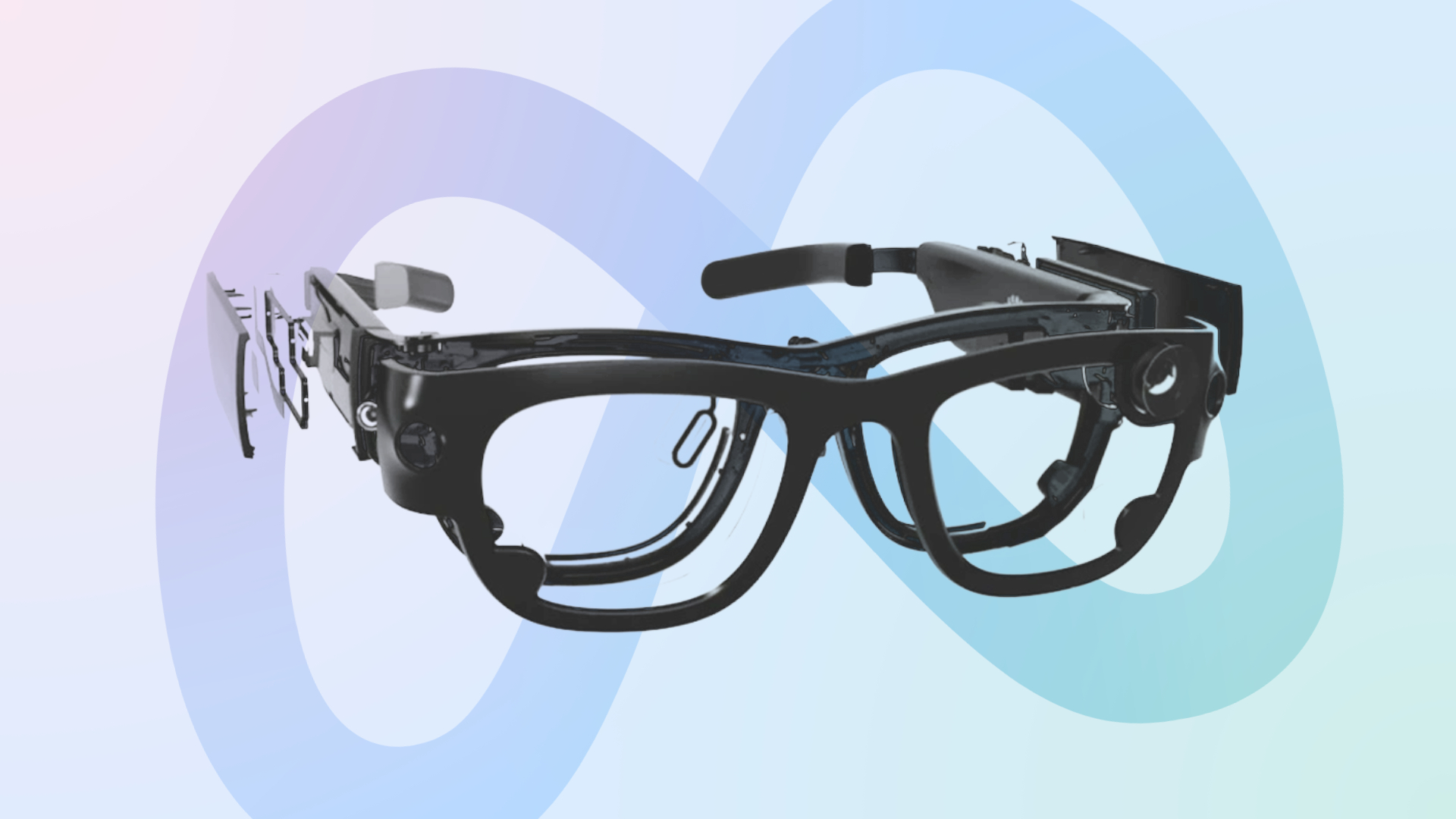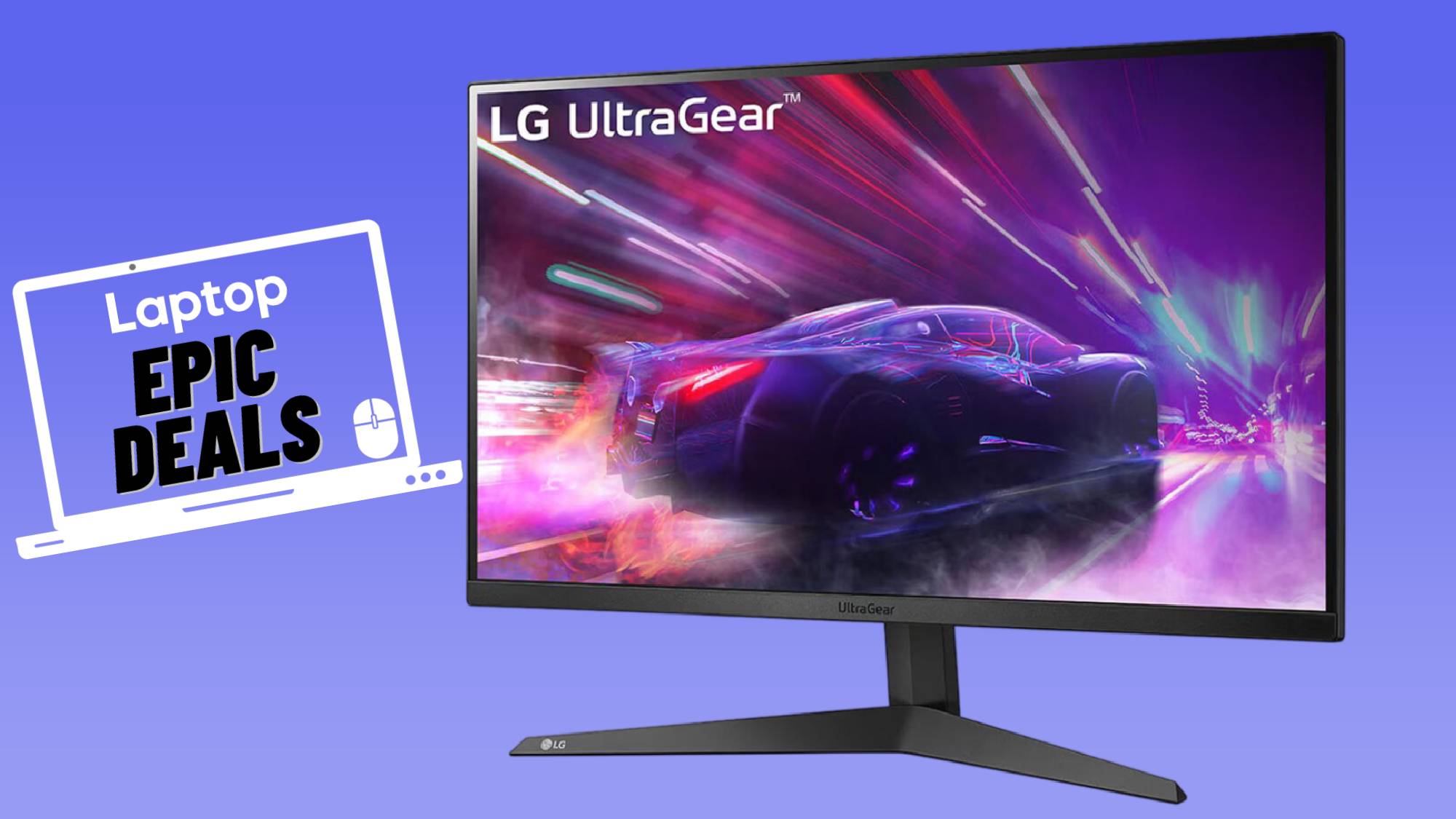Snap's new AR glasses look exciting, but Meta's 'Project Orion' could steal its thunder
Snap is trying to stay competitive in AR, but it's in for a tough rivalry with Meta

The burgeoning world of mixed reality just got a little more crowded. Snap announced a new version of its Spectacles AR glasses, which boast an array of improvements and new features.
Snap has been developing its AR glasses since 2016, but its latest entry represents the most sophisticated and serious play at becoming a real player in mixed reality hardware.
Snap launches AR Spectacles straight out of the Matrix

On September 17, Snap unveiled the latest version of its Spectacles AR glasses at its annual Snap Partner Summit. The glasses launched alongside a major update to Snap OS and the new Spectacles app, making for an eye-catching overhaul (literally).
The fifth-generation Spectacles feature a 46-degree field of view (FOV), nearly double the previous generation's 26-degree FOV. The display boasts 37 pixels per degree of FOV, which Snap claims is similar to "a 100-inch display just 10 feet away." The Spectacles are powered by a pair of Snapdragon chips from Qualcomm and a battery that offers up to 45 minutes of standalone use.
Through the updated Snap OS, you can use hand tracking to control the Spectacles, like the gestures seen on the Apple Vision Pro. You can also turn your phone into a game controller through the Spectacles app. Snap seems to be leaning more into gaming on the Spectacles through collaborations with LEGO, Wabisabi Games, and Lucasfilm-owned ILM Immersive.
The first thing I noticed about the updated Spectacles is the design. It retains the blocky aesthetic reminiscent of a prop from The Matrix, as seen in the fourth-generation version. The fifth-generation Spectacles have an even bulkier shape, though, which may not help expand their appeal. Snap claims the 2024 Spectacles weigh 226 grams, which is certainly lighter than a VR headset, but still almost 100 grams more than the 2021 version of the Spectaclesthat weighed 134 grams.
Even more perplexing is Snap's pricing model; the fifth-generation Spectacles are currently only available through a developer program that costs $99 per month and requires a one-year commitment. Of course, that pricing won't apply to the eventual consumer launch of the glasses (hopefully).
Stay in the know with Laptop Mag
Get our in-depth reviews, helpful tips, great deals, and the biggest news stories delivered to your inbox.
Can Snap catch up with Meta? Maybe not.

Snap made some improvements in the latest version of its AR glasses and the company is clearly trying to stay competitive in this budding market. However, it may already be too late for them to emerge as the frontrunner and really spark large-scale interest in AR glasses.
Meta has positioned itself over the last few years as the top dog in VR. Even after Apple entered the market, Meta is still the leader, largely due to the fact that its headsets are far more affordable than Apple's and already have a growing fanbase.
Meta is setting its sights on the AR glasses market next. A few years ago, Meta launched a pair of smart glasses in collaboration with Ray Bans. Now it is preparing to unveil what could be its most ambitious XR project yet, the Orion AR glasses.
Meta could announce "Project Orion" at its Meta Connect event on September 25, so we'll get a better idea of how its AR glasses compare to Snap's next week. However, I'm already putting my money on Meta.
The VR market was slow to get off the ground, but when it did, Meta was leading the charge. Other brands are in the mix, of course, like HTC and Sony, but Meta's Quest headsets remain the most popular (and the most affordable).
Quest headsets balance design and price well and pair them with a large library of games and apps. If Meta could do the same thing with a pair of AR glasses, more people might be willing to give the platform a try.
That might not happen just yet. It's possible the Orion AR glasses won't be available for consumers when Meta announces them, just like the fifth-generation Snap Spectacles. Even so, they'll give us a look into what lies around the corner in the future of AR glasses.
It may be too soon to say for sure which brand will be the king of AR glasses, but Meta is already setting itself up for another win. Snap may have gotten to work on AR before Meta, but Meta wasn't the first player in the VR market, either. So, I'll be keeping my eye on Meta's announcements at next week's Meta Connect.
We'll be covering everything Meta launches at the event, so stay tuned for more details.
More from Laptop Mag
- 'It might be the most advanced thing we've ever produced as a species': Game-changing Meta AR glasses set to amaze at September Connect event
- Meta Quest 3S, smart glasses, and AI: Here's what to expect from Meta Connect 2024
- This major Meta Quest 3S leak gives us a big hint at the VR headset's battery life

Stevie Bonifield is a freelance tech journalist who has written for PC Gamer, Tom's Guide, and Laptop Mag on everything from gaming to smartwatches. Outside of writing, Stevie loves indie games, TTRPGs, and building way too many custom keyboards.
